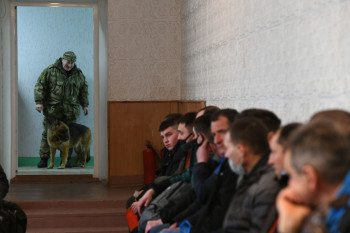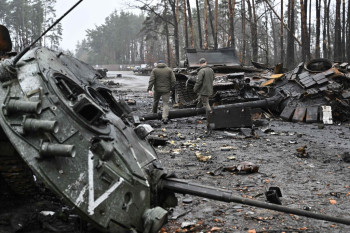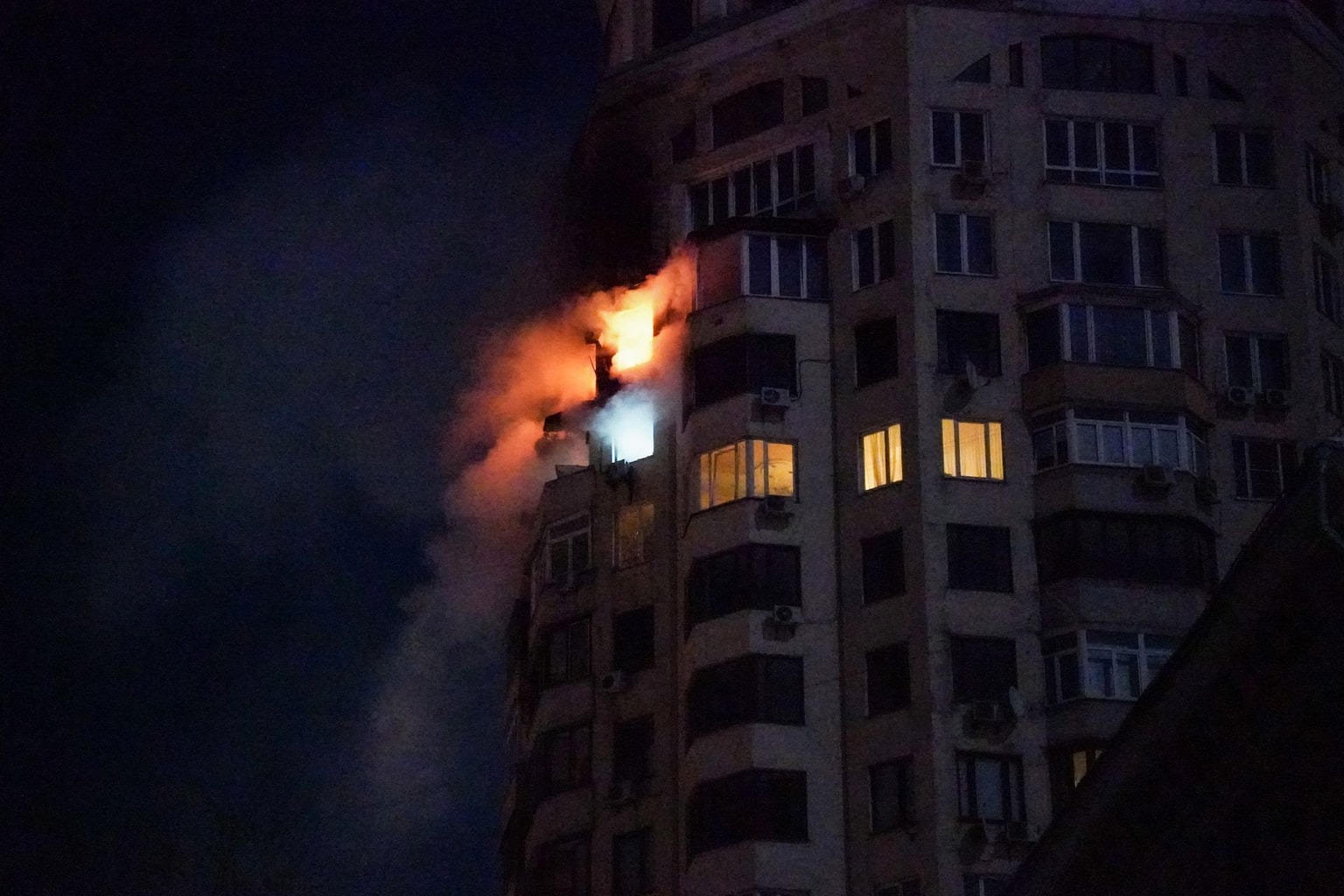ISW: Russia formally integrates proxy militias from eastern Ukraine into Russian military
The Russian Defense Ministry confirmed the formal integration of the Russian-backed proxy militias from Donetsk and Luhansk oblasts into the Russian military, denying reported command changes within the proxy units, the Institute for the Study of War reported in its latest update.
In response to widespread military blogger and proxy criticisms about the reported dismissal of Donetsk Oblast proxy militia spokesman Eduard Basurin on Feb. 17, the Russian Defense Ministry denied reports about the alleged dismissal of officers in the integrated proxy units, the ISW reported.
The integration may be part of Russia's efforts to professionalize its military amid shortcomings in unit cohesion and a year of failures and setbacks on the battlefield. However, integrating proxy militias into the Russian military will likely cause tensions, as the proxy servicemen have not been trained as professional soldiers, the ISW said.
Proxy servicemen have also repeatedly complained about unequal treatment from the Kremlin. Russian mobilized servicemen have also recently accused the militia formations of abuse and discrimination, according to the update.
The decision to reorganize the Russian-backed militias, self-proclaimed as the Donetsk and Luhansk People’s Republics’ (DNR/LNR) militias, amid an ongoing Russian offensive in eastern Ukraine, is also likely a sign the Russian Defense Ministry "does not fully grasp the scale of the underlying challenges of integrating irregular forces into the professional military, especially during a period of intense combat operations," the ISW wrote.
The militias are currently fighting alongside Russian regular forces and private mercenary groups in Ukraine's eastern Donbas region to help Russia’s goal of reaching the administrative borders of Donetsk and Luhansk oblasts, which were partly occupied in 2014 and then further in 2022.
"Such untimely restructuring of the command structure may reduce cohesion within the proxy units and between them and Russian forces," the ISW said.
According to the ISW, Basurin discussed his dismissal in a publicized meeting with Kremlin-controlled private mercenary Wagner Group boss Yevgeny Prigozhin on Feb. 19. He said that such command changes would demoralize proxy servicemen if their commanders were replaced by people they did not know.
Basurin also said that proxy soldiers could even refuse to fight as a result of Russia's professionalization efforts and command changes, the ISW reported.












